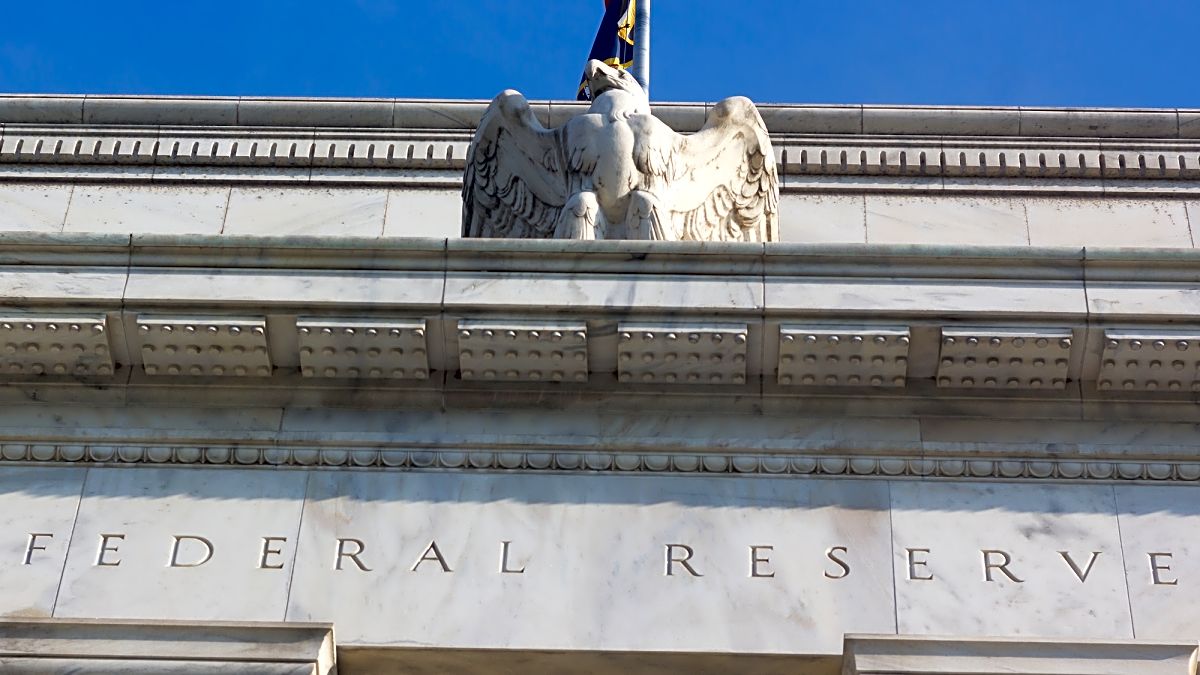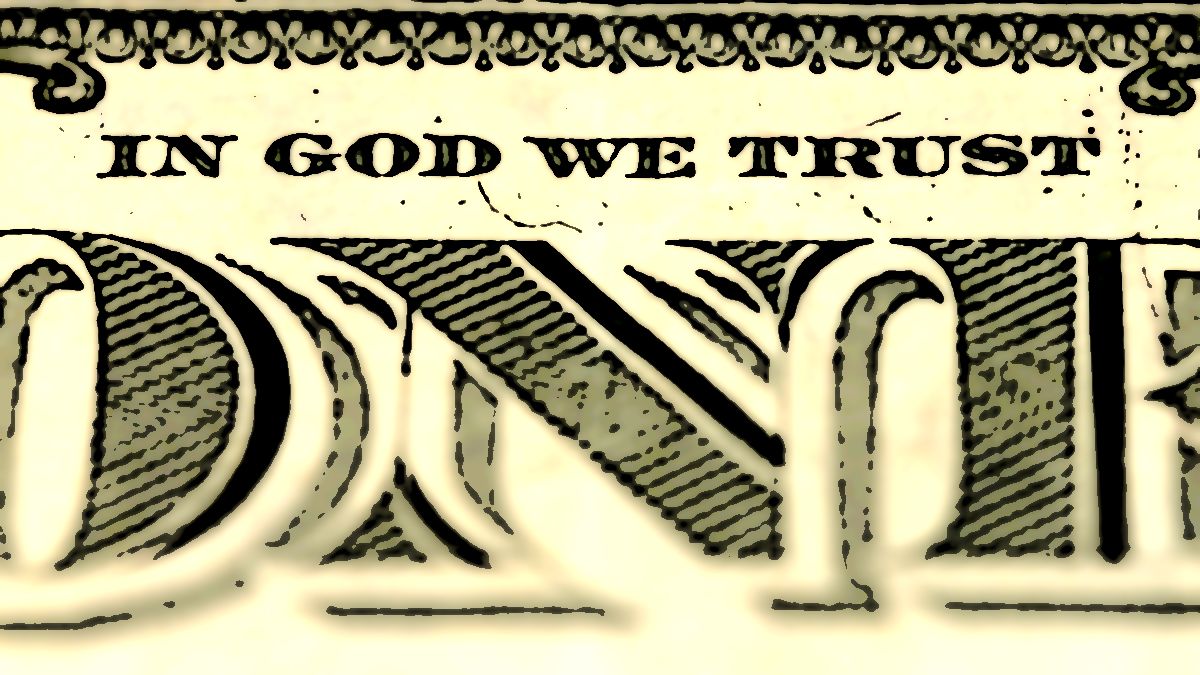Published

Author: D. Sylla
Table of Contents #
- What is inflation?
- What is the impact of inflation on the economy and the stock market?
- How does raising interest rates help inflation in the US?
- References
What is inflation? #
Inflation is the reduction in the purchasing power of a currency due to the general rise in the prices of goods and services in the economy, in a given period. Inflation can be categorized into two main types: demand-pull inflation and cost-push inflation. Cost-push inflation, as the name indicates, is caused by the rising prices of input or unit costs that result in the general increase in prices of goods and services in the economy. Demand-pull inflation, on the other hand, is caused by the rise in demand due to the rising income of residents.
The most commonly used metric of inflation is the Consumer Price Index or CPI, which measures inflation at the retail level. The CPI is calculated after taking the weighted average price of a basket of essential commodities, goods and services.

What is the impact of inflation on the economy and the stock market? #
The Federal Reserve Bank aims to keep the inflation rate at a moderate level of around 2% because mild inflation is beneficial for the economy. Moderate inflation incentivizes consumers to spend now in anticipation of higher prices in the future, which keeps the demand for products and services stable, thereby boosting economic activity.
High inflation also negatively impacts the economy as it lowers the purchasing power of consumers and reduces the demand for products and services, which reduces economic activity. Deflation or lower prices are also not favorable for the economy as they prompt consumers to delay their purchases in anticipation of lower future prices. The lower prices or deflation reduces the economic activity due to the reduced demand for products and services.
A high inflation rate can negatively impact the stock market as investors require higher returns than the rate of inflation to invest in the stock market. Therefore, in an effort to generate higher returns with low risk, investors turn to gold, dollar, and treasury bills as the central banks start raising interest rates to combat inflation. Also, the corporate profits take a hit due to rising inflation, high input costs, and reduced demand due to inflation.
How does raising interest rates help inflation in the US? #
Inflation rate in the United States jumped to a 4-decade high of 7.5% in January 2022, primarily due to the financial support packages, such as stimulus checks, unemployment benefits, and easy business loans. The surplus cash resulted in a surge in overall demand for goods and services, pushing the prices upwards. The most logical decision by the central bank to ward off high inflation is to start raising short-term interest rates.
There is an inverse relationship between interest rates and inflation: higher interest rates lower the rate of inflation whereas lower interest rates increase the rate of inflation. So, when the rate of inflation is high, the central bank usually increases the interest rates to make it costly for consumers to borrow money and incentivize people to save money to earn higher interest rates. This lowers the demand for goods and services and cools down the economy, ultimately reducing the rate of inflation.
References #
- Gittins, William, and MIKE BLAKE. “How does raising interest rates help inflation in the US?” AS.com English, 14 January 2022. Accessed 9 March 2022.
- Oner, Ceyda. “Inflation: Prices on the Rise.” International Monetary Fund. Accessed 9 March 2022.
- Rasure, Erika. “Inflation's Effect on the Economy and You.” The Balance. Accessed 9 March 2022.